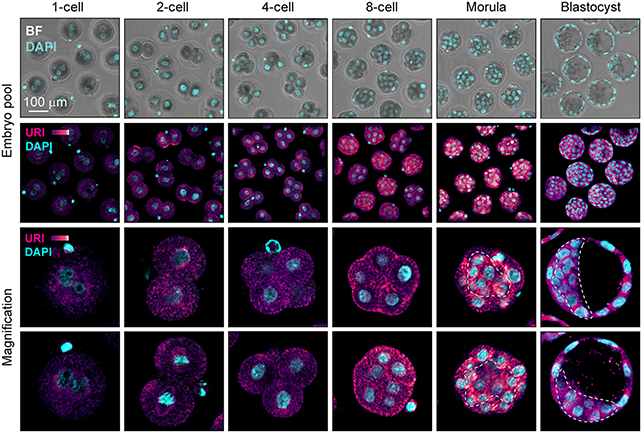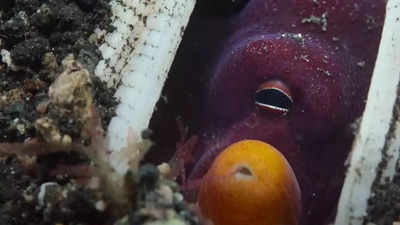A significant early stage of embryonic development has been connected to a virus that combined with the ancestral DNA of intricate organisms including ourselves over 500 million years ago. Genomic material from endogenous retroviruses, which infected early life forms on Earth, leaving imprints in our DNA, accounts for around 8 to 10 percent of the present-day human genome. According to researchers from the Spanish National Cancer Research Center (the Centro Nacional de Investigaciones Oncológicas, or CNIO), the newly discovered association between these viruses and embryo growth has implications for producing artificial embryos and advancing regenerative medicine. The researchers examined cells in the earliest stages of mouse embryo formation. (de la Rosa et al., Science Advances, 2024)”While viral remnants were previously considered to be useless or even harmful genetic material, they are now understood as having an important function,” explains biologist Sergio de la Rosa from CNIO. “Previously, it was believed that having viruses in the genome could not be favorable.” The team was able to pinpoint a retroviral protein known as MERVL-gag through an extensive study of mouse models, which assists in regulating the pace of embryo development shortly after fertilization.
The researchers examined cells in the earliest stages of mouse embryo formation. (de la Rosa et al., Science Advances, 2024)”While viral remnants were previously considered to be useless or even harmful genetic material, they are now understood as having an important function,” explains biologist Sergio de la Rosa from CNIO. “Previously, it was believed that having viruses in the genome could not be favorable.” The team was able to pinpoint a retroviral protein known as MERVL-gag through an extensive study of mouse models, which assists in regulating the pace of embryo development shortly after fertilization.
The specific development in question occurs when the initial totipotent cells (able to become any cells forming the entire organism) convert into pluripotent cells (capable of becoming cells forming any body tissues except placental tissue). This gradual specialization process in the embryo determines the transformation of a cluster of cells into either a cat, a sea cucumber, an earthworm, or a human, and the researchers demonstrated how MERVL-gag affects a gene called URI, which is thought to be crucial in enabling molecules to become pluripotent. Djouder commented, “This is an entirely new function for endogenous retroviruses. We have discovered a new mechanism that accounts for how an endogenous retrovirus directly regulates pluripotency factors.” The team detected elevated levels of MERVL-gag protein expression in the early totipotency phase of embryo growth, with these levels gradually declining as URI becomes more influential on cell behavior. The delicate equilibrium between proteins, genes, and pluripotency, formed over hundreds of millions of years of evolution, wouldn’t be possible without an ancient virus. This phase in the transition from initial cells to a living organism holds significant importance in successfully creating artificial embryos and conducting research that aids in comprehending issues affecting pregnancy and fertility. De la Rosa stated, “We are beginning to recognize that these retroviruses, which have evolved alongside us for millions of years, play important roles, such as regulating other genes. It’s a highly active area of research.” The findings have been detailed in Science Advances.
Link Between Embryo Development and 500-Million-Year-Old Viral Infection Uncovered













